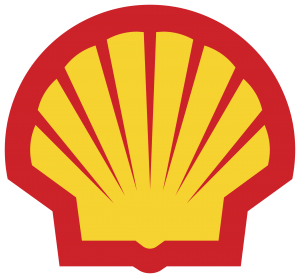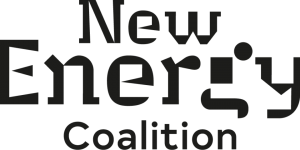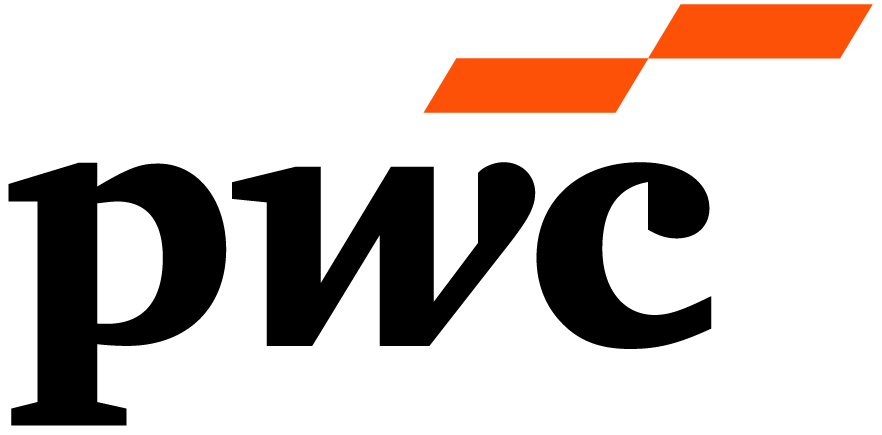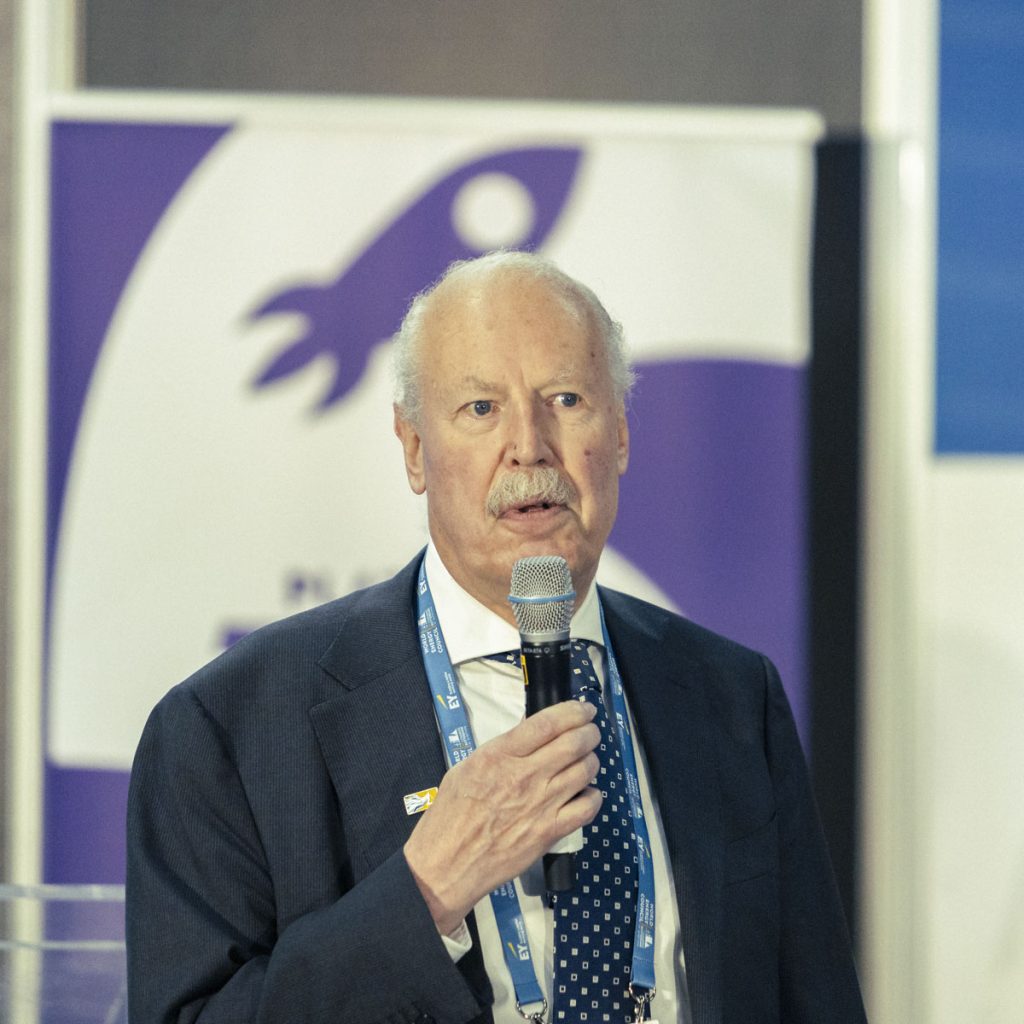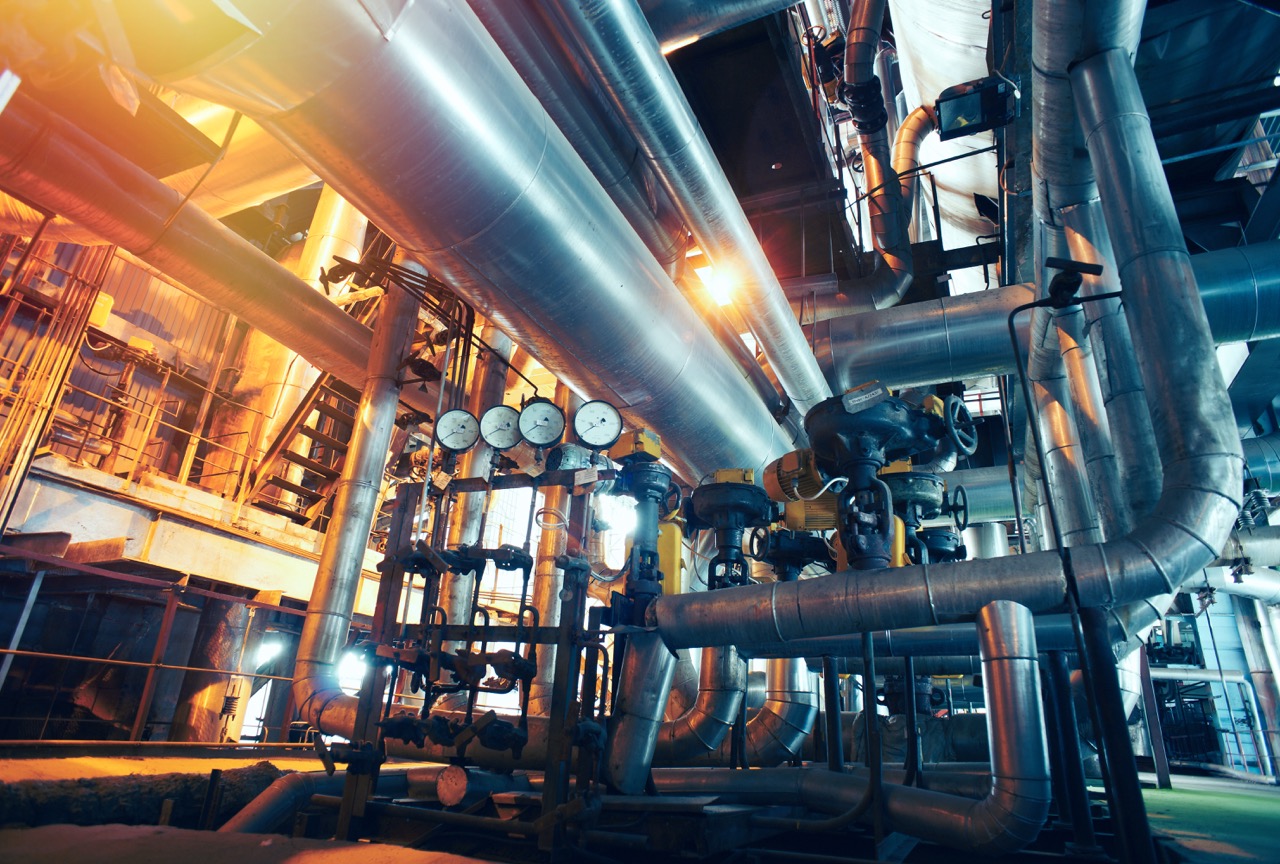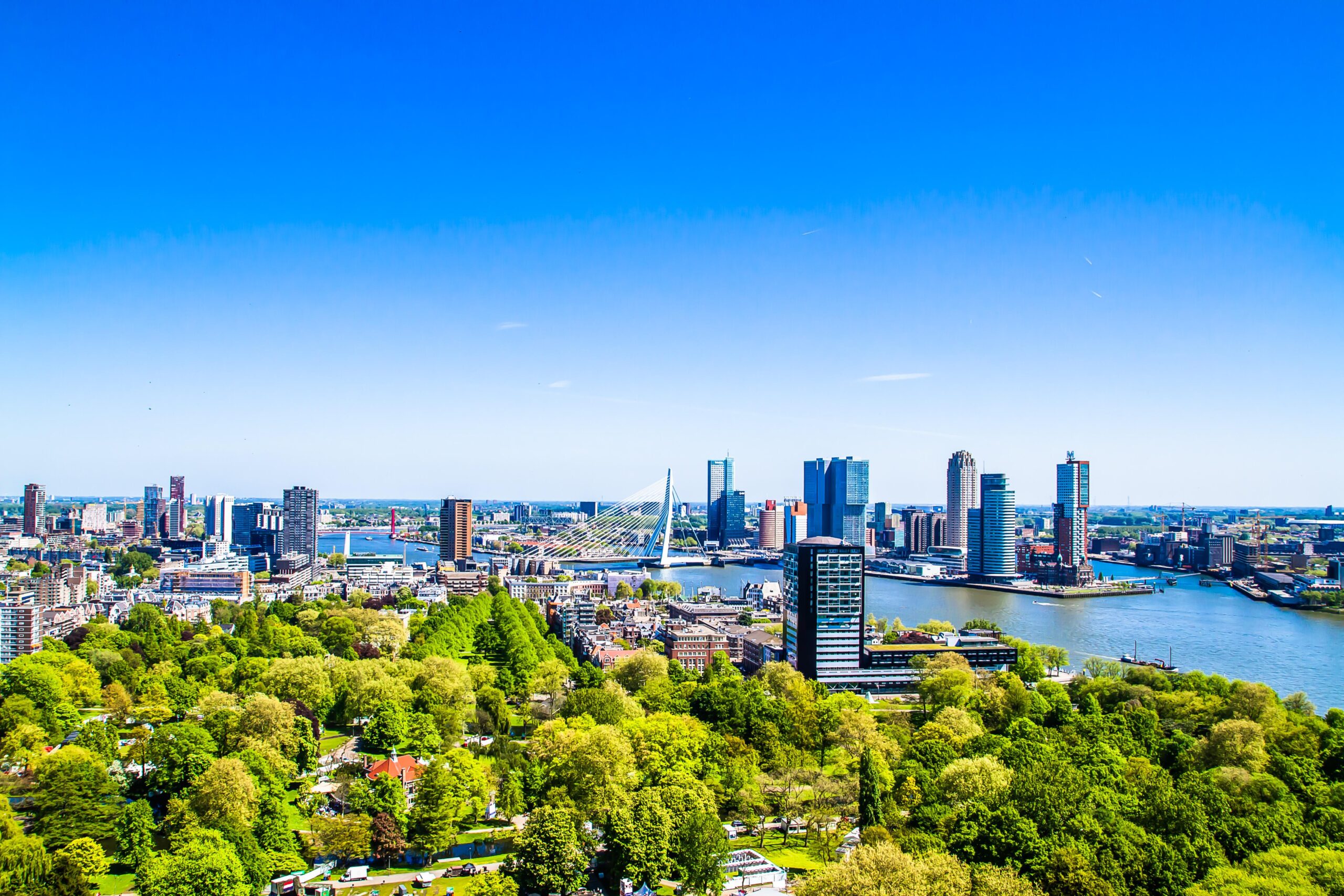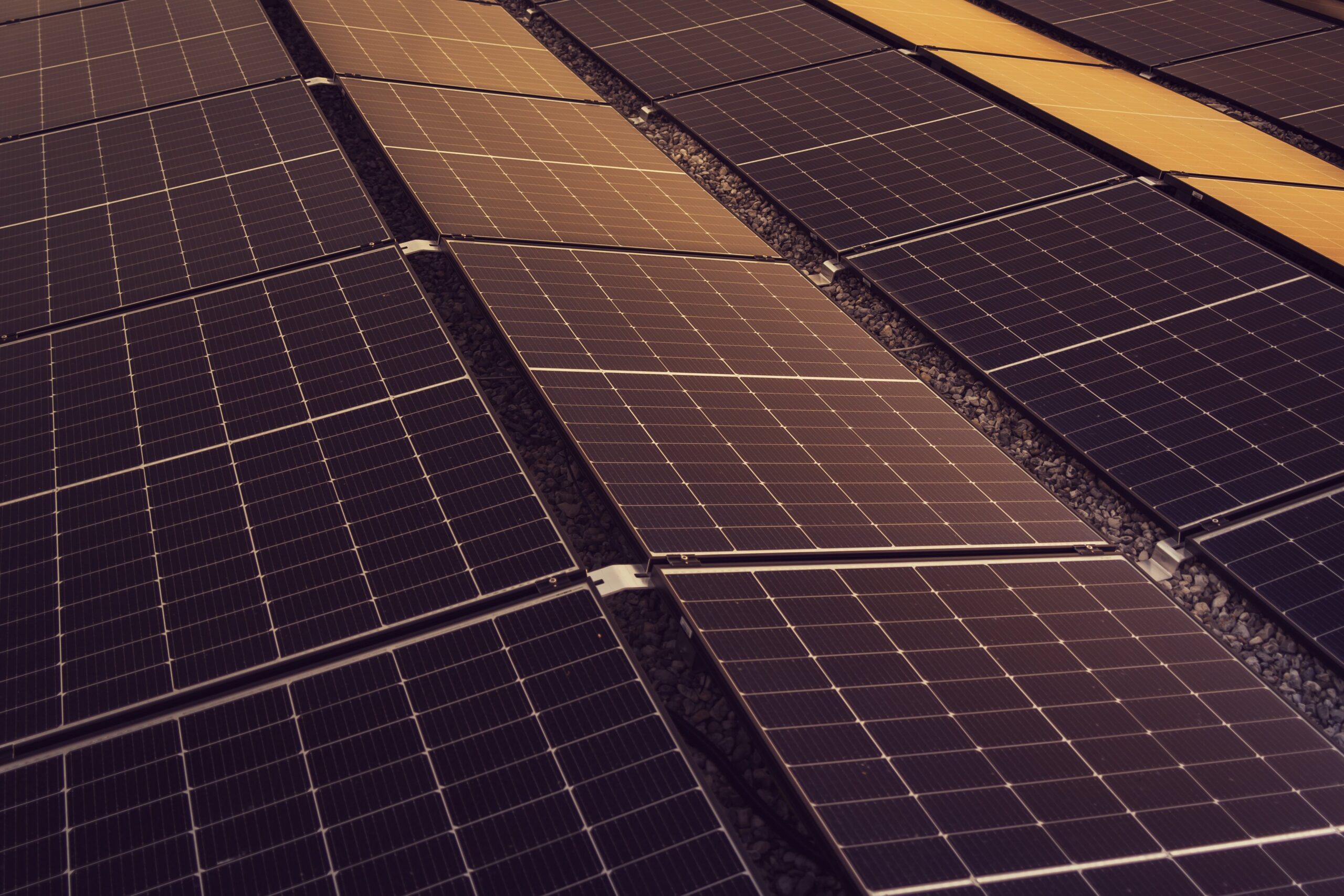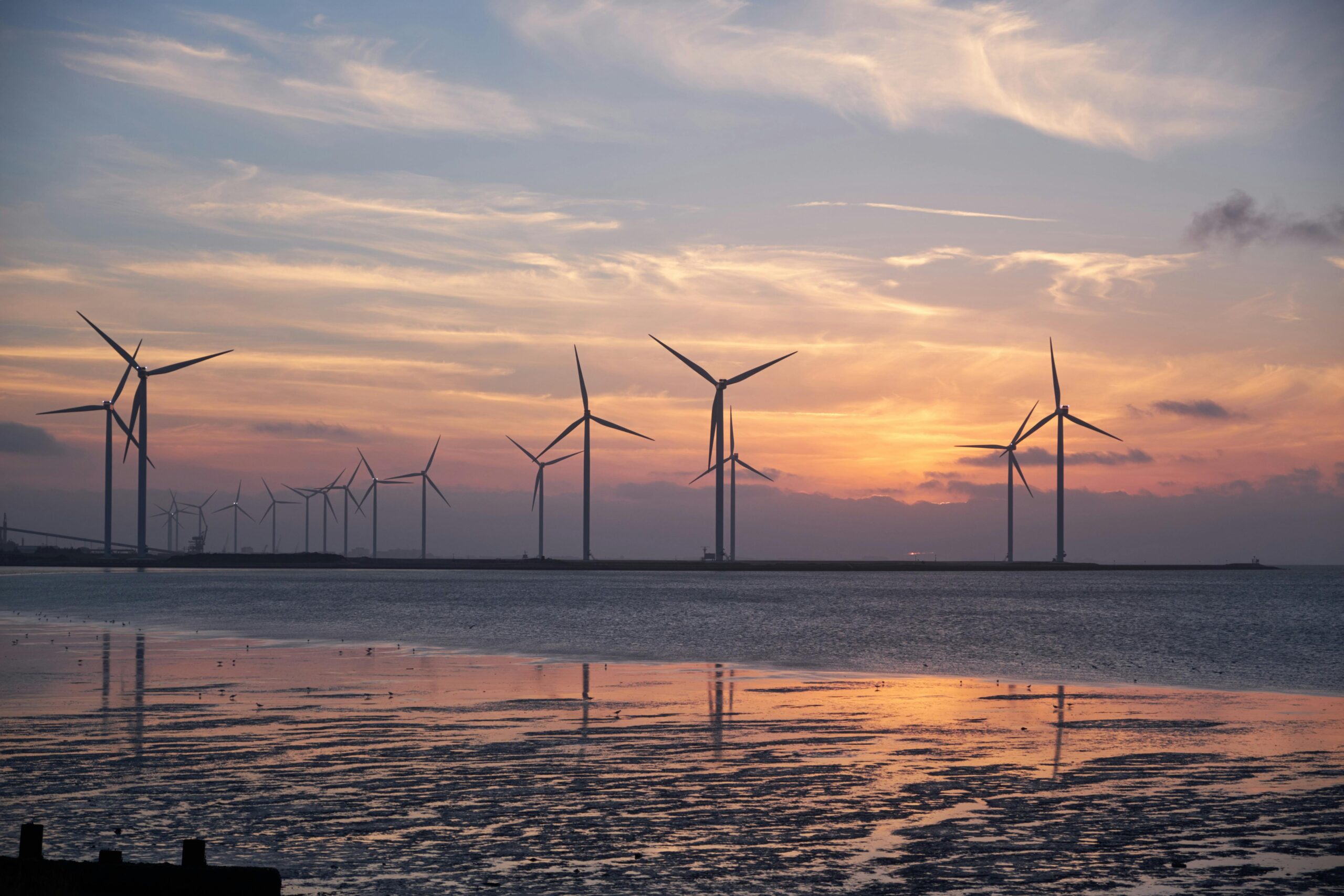
World Energy Council Nederland
wereldwijde energiegemeenschap
Wereldwijd energienetwerk
World Energy Council Nederland (WEC NL) stimuleert duurzame energieontwikkeling en bedenkt oplossingen voor energieproblemen in ons land. Om dit te bereiken brengen wij overheid, ngo’s, industrie, consumenten en wetenschap samen. En u kunt bijdragen aan deze wereldwijde energietransitie.
Wij zijn onderdeel van de World Energy Council (WEC): het oudste onafhankelijke en onpartijdige energienetwerk wereldwijd. En de WEC is ook al honderd jaar de grootste energiegemeenschap. De WEC is verspreid over ongeveer honderd landen met onder andere leden uit het bedrijfsleven, de academische wereld, verenigingen en professionals in de energiesector.
World Energy Congress
Publicaties
-
Lees meer: Valuing industries: the trade-offs of industry strategies in a changing energy landscape
Valuing industries: the trade-offs of industry strategies in a changing energy landscape
-
Lees meer: Alle elementen van de energietransitie belicht
Alle elementen van de energietransitie belicht
-
Lees meer: Uitfaseren van koolstof – Hoe Noordwest-Europa de energiemix koolstofvrij kan maken in aanloop naar 2050
Uitfaseren van koolstof – Hoe Noordwest-Europa de energiemix koolstofvrij kan maken in aanloop naar 2050
Onze leden



